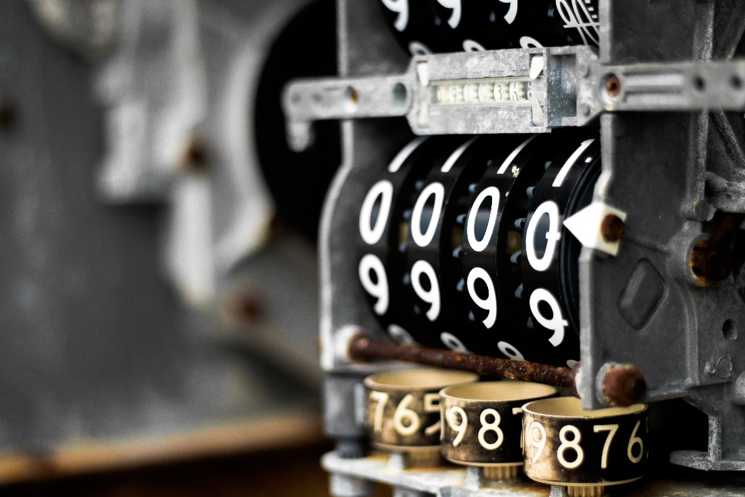How many access codes, passwords and cryptokeys do you have, and where do you keep them? No, it’s OK, I don’t need to know the details, but I’ll bet that the number is a large one, and that even if you’re a very organized person, some of those codes may be – let’s say – rather randomly¬ stored. From hotel and airline bookings, through banking and crypto exchanges, we all have very many sequences of letters and numbers which we and our devices must remember, and use on a regular basis. Failure to get the sequence right might mean being unable to order your supermarket food delivery, through to more far-reaching issues.
So we save our passwords on scraps of paper in the bottom of our desk drawer, or perhaps in a folder on our computer titled ‘All my secret passwords’. There again, we may decide to use the name off a childhood pet that (almost) no hacker would ever think of: there must be a lot of ‘Fluffy 123’ passwords out there!
Fundamental to our use of passwords is that they are private, not to be shared with anyone. Like no-one at all. Not ever. This is fine for as long as our good health and mental sharpness continue, but then… what if? This is the current situation following the death in December of Gerald Cotton, owner of the largest crypto exchange in Canada. His widow reported that, “I do not know the password or recovery key. Despite repeated and diligent searches, I have not been able to find them written down anywhere." As a result of this lockout, some USD 185 million of crypto assets are frozen – perhaps forever – of which about USD 50 million is owed to crypto investors. There is even a suggestion by some dissatisfied customers that Cotton’s ‘death’ is actually an elaborate scam, although his previous serious illness was well-documented.

So how do we ensure that our passwords are remembered in a secure way, which at the same time makes our assets accessible to our creditors, and our family? Last year I saw some hints of new offerings which were being set up to address this sort of issue, but as yet nothing has come to market, as far as I’m aware. There is however a clear and increasing need for some sort of service which provides the equivalent of ‘estate planning’ for what happens to our cryptos when we are no longer ‘in the market’. Very important to this are the access codes and passwords which can allow others – for example our family – to get what is rightfully theirs. It’s true that there are also now platforms offering services such as ‘Feel Free to Forget’, where all your keys and codes can be stored in one secure place, as long as you or your heirs remember the access password for that platform!
So my question to you is: While I’m sure you’re very aware of security and take the greatest care to protect the sequences of letters and numbers which in turn protect your assets, what’s your plan for if the worst happens, and you’re no longer around to say, “But of course the password is Fluffy 123”?
I’ve been reminded of these issues not only by the death of the boss of QuadrigaCX, but also by another - of a talented footballer. The Argentinian, Emil Sala had a successful career with the French club Nantes, before signing to join the Welsh club Cardiff City. Midway between the two clubs, his light plane crashed into the sea in a January storm, and his body has since been recovered. A sad story, which no-one would have expected to end with a super-fit athlete dying. Business is however business, and Nantes had made a deal for a reported GBP 15 million, and they want their money. Meanwhile Cardiff have not received ‘the goods’ and are refusing to pay up. Was there ever a better case for smart contracts? Or better proof that long life isn’t guaranteed to any of us.
Benjamin Franklin observed, “In this world nothing can be said to be certain, except death and taxes.” Well perhaps if you have a great tax lawyer you might be able to minimize the taxes part, but Franklin was right about the grim reaper – none of us can ultimately avoid that. So let me ask again: How many access codes, passwords and cryptokeys do you have, and where do you keep them?
In the northern hemisphere it’s starting to become Spring, a traditional time for cleaning up and clearing the household. Perhaps you should review those slips of paper in your office drawer, and question whether Fluffy 123 is really your most secure global access code.
What Happens to Cryptocurrency When You Die? Read more at: http://fortune.com/2017/09/26/cryptocurrency-bitcoin-death/